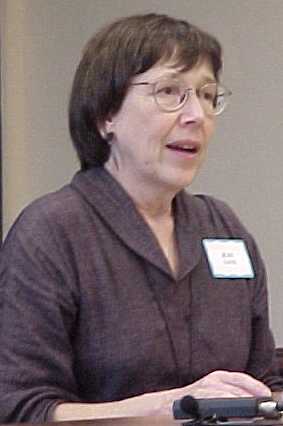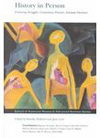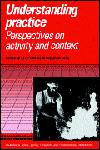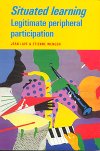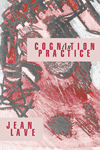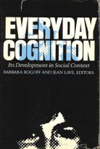| Jean Lave |
WORKS |
|
Professor of Education and Geography, |
||
Jean Lave is a social anthropologist and learning theorist who believes that learning is a social –not a cognitive–process. Education and Recognition Jean Lave received her Ph.D. in Social Anthropology from Harvard University in 1968. In 1994, the American Educational Research Association presented her with the Sylvia Scribner Research Award. She was the Honorary Simon Visiting Professor in Anthropology at Manchester University in 1995. Works
Theory In 1991, Jean Lave worked with Etienne Wenger to propose the situated learning model of learning. The theory suggests that learning must involve social interaction, and knowledge should be presented in an authentic context. To create this authenticity, what is being taught needs to be aligned with the student's community of practice. Lave and Wenger introduced this idea of a Community of Practice (CoP) as a situation in which participants share a common identity and goals. In a CoP, knowledge acquisition is a social process in which people can participate at different levels depending on their placement in the group. A newcomer will begin on the "edges" of the group and gradually move to full participation as the newcomer learns from more experienced group members (oldtimers). Lave and Wenger called this process Legitimate Peripheral Participation (LPP). The concept of LPP is a way of understanding learning and not a prescriptive teaching technique. Projects A significant amount of Lave's research has involved looking at apprenticeships in social communities (e.g., tailors, meat cutters, and recovering alcoholics) to better understand the concept of situated learning. Her findings can be generalized to other social groups and are considered a valuable contribution to educational psychology. Lave compared the way "just plain folk" learned to the way that students learn in classroom environment. Lave found that apprentices in the communities she looked at experienced great learning success through authentic activity without actually being taught to. Instructional Technology, Education, and Business Applications Situated learning plays an important role in regards to e-learning and the interactions that occur in online communities. In fact, it is seen as one of the most effective strategies in achieving learning goals. The idea of CoP has been applied in education, organization, and business environments and can be a valuable factor to consider in online course design.
|
||
